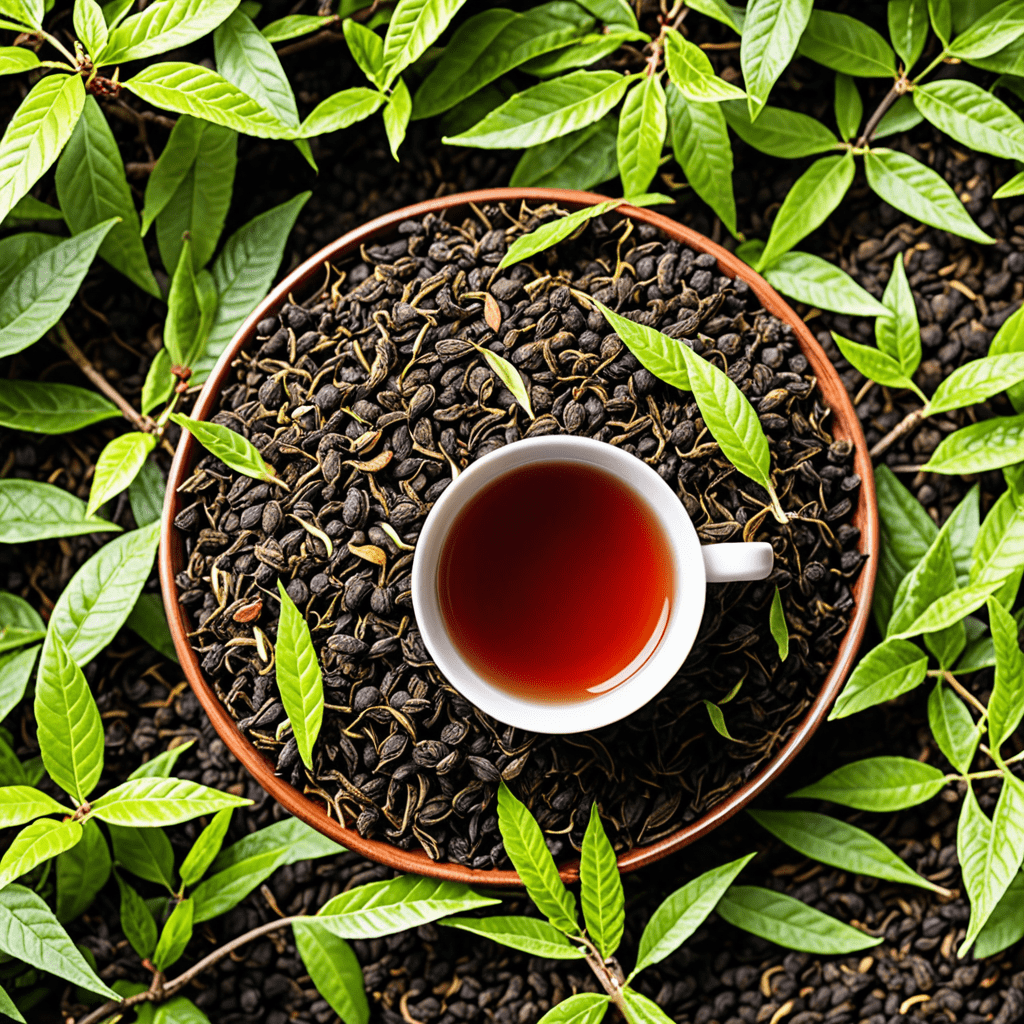Introduction
Assam tea, renowned worldwide for its robust flavor and malty aroma, is the cornerstone of the Indian tea industry. The northeastern Indian state of Assam is the heartland of tea cultivation in the country, accounting for over half of India's total tea production. With its favorable geographical and climatic conditions, Assam has emerged as the undisputed global leader in tea production, earning its reputation as the "Tea Capital of India."
Historical Origins of Tea Cultivation in Assam
The origins of tea cultivation in Assam can be traced back to the mid-19th century. Indigenous tea plants, known as Camellia sinensis var. assamica, were discovered growing wild in the Brahmaputra Valley, which sparked the interest of British tea planters. In 1837, the Assam Tea Company was established, marking the beginning of organized tea cultivation in the region. The company's efforts were successful, and tea production in Assam rapidly expanded over the following decades.
Geographical and Climatic Conditions for Tea Production
Assam's geographical and climatic conditions are ideally suited for tea cultivation. The Brahmaputra Valley, where the majority of tea estates are located, is characterized by a tropical monsoon climate with ample rainfall, warm temperatures, and humidity. The fertile alluvial soil of the valley provides the necessary nutrients for tea plants to thrive. The elevation of the tea estates, ranging from 60 to 120 meters above sea level, further contributes to the optimal growing conditions.
Varieties and Characteristics of Assam Tea
Assam tea is known for its distinctive black teas, characterized by a strong, full-bodied flavor and a malty aroma. The two main varieties of Assam tea are CTC (Crush, Tear, Curl) and Orthodox, each with its unique characteristics. CTC teas are produced using a mechanized process that results in smaller, more granular leaves, while Orthodox teas are produced using a traditional method that involves hand-rolling the leaves. Both varieties offer a bold and flavorful tea experience.
Economic Significance and Local Impact
Assam tea has played a pivotal role in the economic development of Assam and India as a whole. The tea industry is the state's largest employer, providing livelihoods for millions of people, both directly and indirectly. Tea estates offer employment opportunities in various sectors, including cultivation, processing, packaging, and marketing. The industry also contributes significantly to the state's revenue through taxes and export earnings.
Environmental Sustainability and Conservation Practices
Assam tea estates are committed to sustainable farming practices that minimize their environmental impact. Soil conservation techniques, such as contour farming and mulching, are implemented to prevent soil erosion and maintain soil fertility. Water conservation measures, including rainwater harvesting and drip irrigation, are used to minimize water usage. Many estates also engage in reforestation and biodiversity conservation efforts to preserve the natural ecosystem within the tea gardens.
Tourism and Cultural Heritage Associated with Assam Tea
Assam tea has become an integral part of the cultural heritage of Assam. Tea tourism has emerged as a popular attraction, allowing visitors to experience the picturesque tea gardens, witness the tea-making process, and learn about the history and culture of tea in Assam. Several tea estates offer guided tours, tea tastings, and homestays, providing tourists with a unique and immersive experience.
International Recognition and Export Potential
Assam tea has gained international recognition for its exceptional quality and flavor. It is exported to over 150 countries worldwide, contributing significantly to India's tea exports. Assam tea has won numerous awards and accolades at international tea competitions, showcasing its global appeal and the expertise of Assamese tea growers. The industry is constantly exploring new markets and opportunities to expand Assam tea's reach internationally.
Conclusion: Assam Tea as a Symbol of Indian Tea Industry
Assam tea is an iconic symbol of the Indian tea industry, representing the country's rich tea heritage and its position as a global leader in tea production. The unique flavor and aroma of Assam tea have captivated tea lovers worldwide, while its economic and social significance has made it an integral part of Indian society. As the industry continues to evolve, Assam tea will undoubtedly remain a cornerstone of the Indian tea tradition, showcasing the passion and expertise of Assamese tea growers for generations to come.
FAQ
What is CTC tea?
- CTC (Crush, Tear, Curl) is a type of black tea produced using a mechanized process that results in smaller, more granular leaves.
What is Orthodox tea?
- Orthodox tea is a type of black tea produced using a traditional method that involves hand-rolling the leaves.
What is the difference between CTC and Orthodox tea?
- CTC teas are generally stronger and more robust in flavor, while Orthodox teas are more subtle and complex.
What is Assam tea famous for?
- Assam tea is famous for its strong, full-bodied flavor and malty aroma.
What is the economic significance of Assam tea?
- Assam tea is the largest employer in the state of Assam and contributes significantly to India's tea exports.


